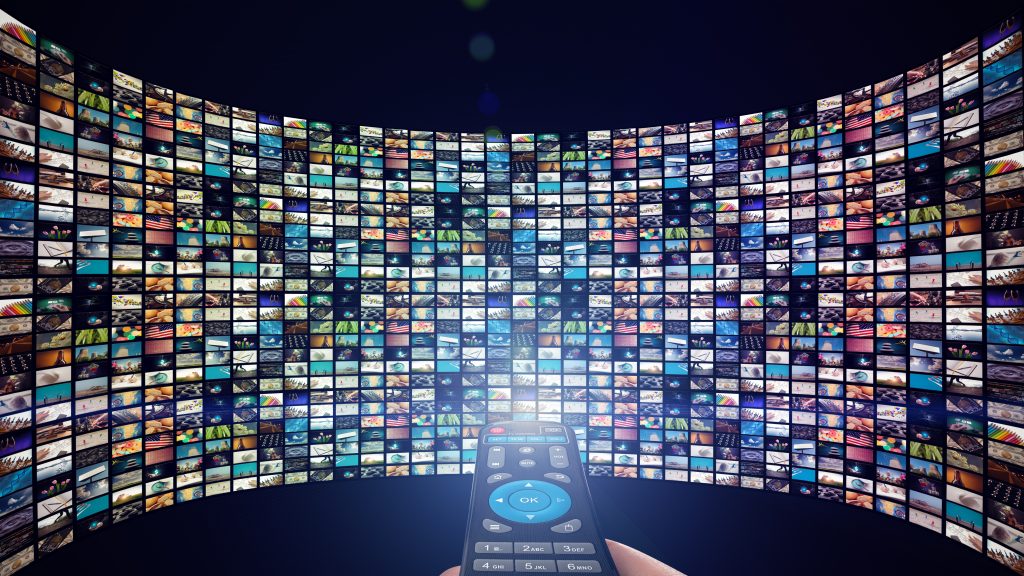4 mins read
December 28, 2023
In the rapidly advancing landscape of technology, artificial intelligence (AI) has emerged as a transformative force, reshaping the contours of our existence and profoundly impacting various facets of our lives. One particularly dynamic arena undergoing profound transformation is the realm of copyright and intellectual property (IP) law. As AI continues its relentless march forward, it introduces a host of novel challenges and opportunities that necessitate a careful and considered reevaluation of existing legal frameworks.
1. Creation and Ownership in the Age of AI:
The traditional understanding of copyright law attributes authorship to human creators, yet the rise of AI-generated content raises intriguing questions about the very essence of creation and ownership. With AI now capable of autonomously generating creative works, the conventional concept of authorship becomes more complex. Current legal frameworks often lack the clarity required to definitively assign authorship when it comes to AI-generated content. Some argue for an expansion of copyright protection to recognize AI as a creator in its own right, while others advocate maintaining the focus on human authorship. This tension between the traditional and the emerging raises fundamental questions about the nature of creativity itself.
2. Originality and the Complexity of Creativity:
The foundation of copyright protection hinges on the originality and creativity of a work. AI, being driven by algorithms and data, creates works that can be deemed original by traditional standards. However, the absence of human intuition and subjective experience challenges traditional notions of creativity. Courts may need to adapt their understanding of creativity to accommodate AI-generated works, considering factors beyond human expression. The evolving interplay between human creativity and machine-generated content invites a reconsideration of the very principles that underpin copyright protection.
3. Fair Use and the Emergence of Transformative Works:
The fair use doctrine has long allowed for the use of copyrighted material without explicit permission for purposes such as criticism, comment, news reporting, teaching, scholarship, or research. However, as AI systems become increasingly capable of generating transformative works, the definition and application of fair use may need refinement. Legal scholars are actively exploring how to balance the protection of original works with the potential societal benefits of AI-generated transformative content. Striking this delicate balance is essential for fostering innovation and creativity in the AI era.
4. Ownership Dilemmas: Navigating the Seas of Training Data:
The intricate nature of AI development lies in the vast datasets used for training. This raises pertinent questions about the ownership of these training datasets. The data utilized to train AI models often consists of publicly available information or datasets created by multiple contributors. Determining ownership and associated rights becomes a complex endeavor, requiring legal frameworks to adapt to collaborative, data-driven processes. The evolving landscape of data ownership is integral to the broader conversation about intellectual property rights in the age of AI.
5. Infringement and Plagiarism in the AI Era:
With AI systems becoming increasingly adept at generating content, the risk of unintentional infringement or plagiarism is on the rise. Distinguishing between deliberate copying and the inadvertent generation of similar works by AI demands a nuanced approach to infringement cases. Courts need to consider the role of AI in content creation and assess the level of human involvement in the process. Striking a balance between protecting the rights of human creators and fostering the development of AI-generated content is a challenge that copyright law must grapple with in this new era.
6. AI as a Double-Edged Sword: Enforcement and Ethical Considerations:
Conversely, AI is not merely a challenge to copyright law; it is also a potent tool for enforcing intellectual property rights. Automated systems can sift through vast amounts of digital content to identify potential copyright violations, streamlining the enforcement process. However, the reliance on AI for enforcement raises concerns about false positives and the need for a balance between efficient enforcement and protection against wrongful accusations. Ethical considerations loom large in this context, demanding a careful calibration of AI deployment to ensure fairness, transparency, and ethical responsibility.
7. Ethical Considerations in the AI-Generated Content Sphere:
Beyond the legal implications, the integration of AI into creative processes raises a spectrum of ethical concerns. Ensuring fair compensation for human creators, protecting cultural diversity, and addressing biases embedded in AI algorithms are crucial ethical considerations that must be reflected in legal frameworks. Policymakers need to strike a delicate balance between fostering innovation and safeguarding ethical principles, ensuring that the AI revolution in content creation aligns with societal values and norms.
8. International Harmonization: Necessity in a Globalized Digital Landscape:
Given the inherently global nature of the digital landscape, achieving international harmonization in AI-related copyright and IP laws is imperative. Consistent standards can facilitate cross-border collaboration, protect creators, and provide clarity for businesses operating on a global scale. International cooperation is essential to address the challenges posed by AI in a cohesive and comprehensive manner, recognizing the borderless nature of the digital revolution.
In conclusion, the impact of AI on copyright and intellectual property law is profound and multifaceted. Adapting legal frameworks to accommodate AI requires a delicate balance between encouraging innovation, protecting the rights of human creators, and addressing ethical considerations. The evolving nature of technology demands a forward-thinking and flexible approach to legal interpretations, ensuring that our laws remain relevant and effective in the dynamic landscape shaped by artificial intelligence. As we navigate the uncharted waters of the AI era, the synergy between legal, ethical, and technological considerations will shape the future of creativity, innovation, and intellectual property protection.



